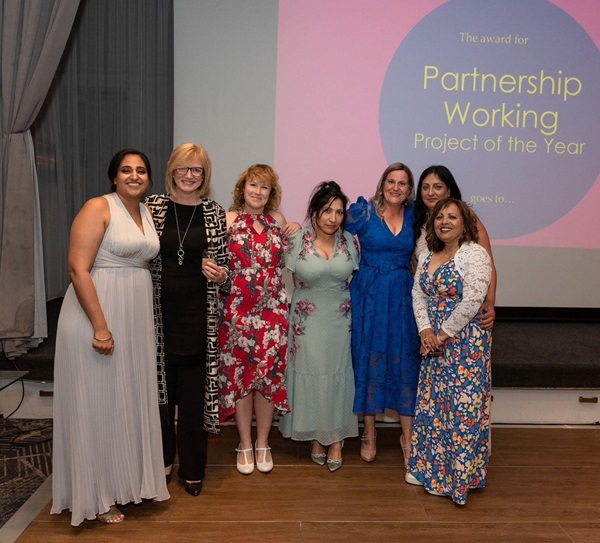
Coventry HDRC is on a mission to help Coventry City Council become more research-active.
The Early Intervention Service (EIS) supports victims who are affected by domestic abuse in many ways. During COVID, Coventry City Council commissioned the EIS, bringing two specialist domestic abuse support services together that work in the same space at Coventry Central Police Station. This intervention method is also known as colocation. This way of working aligns with the One Coventry approach and core values. The specialist services are placed at a local police station and work parallel with the policing process. When someone is experiencing domestic abuse and reports the abuse to the police, the EIS identifies and contacts them at the earliest opportunity, ideally within 24 hours of the incident being recorded. A risk and needs assessment is completed with individual survivors, and emotional support, safeguarding, and signposting advice is offered. This enables individuals to understand their options and gives them a choice in accepting support and advice. Autonomy and integrity are vital to ensuring it feels like a safe space for survivors.
This way of working not only improved outcomes for thousands of survivors of domestic abuse but also exposed a male and older-person cohort that had not previously been identified to services. This has helped continuously inform and shape the services offered. Although working parallel, a collaborative partnership was formed between the police and specialist services, where both learned from one another and discussed how best to support the victims.
The project ran for three successful years with the Public Health Team and Coventry City Council funding. Coventry City Council, in collaboration with the Police and EIS, believed this type of early intervention was the best way forward to supporting survivors at the earliest opportunity and that they benefited from the collaboration but needed support validating this. Eve Wang, the Research Assistant in the Public Health Team, completed a mixed-methods evaluation for this project. This involved analysing secondary data from the specialist services and interviewing victim-survivors, police officers, Coventry Haven Women’s Aid, and Panahgha support workers to understand their experiences. This collated the facts of the impacts, challenges, and future service improvement. The victim's voice was critical in this process, prioritising qualitative evidence over quantitative.
The evaluation report proved to be a highly valuable resource, as it was entirely grounded in data and evidence gathered throughout the project.
Jaime Richards, Coventry Haven Women’s Aid
The evaluation report was used to apply for another three years of funding from the National Lotteries Fund which was successful and supports continuous learning. The project received a West Midlands Public Health Award for the ‘Partnership Working Project of the Year’ in 2023. Solihull Council was very interested in this working model. Because of evaluation and funding, a Birmingham Solihull Women’s Aid support worker will also start within the team to cover Solihull service users. This is an incredible achievement as the Early Intervention Service can now reach and provide support for more people.

